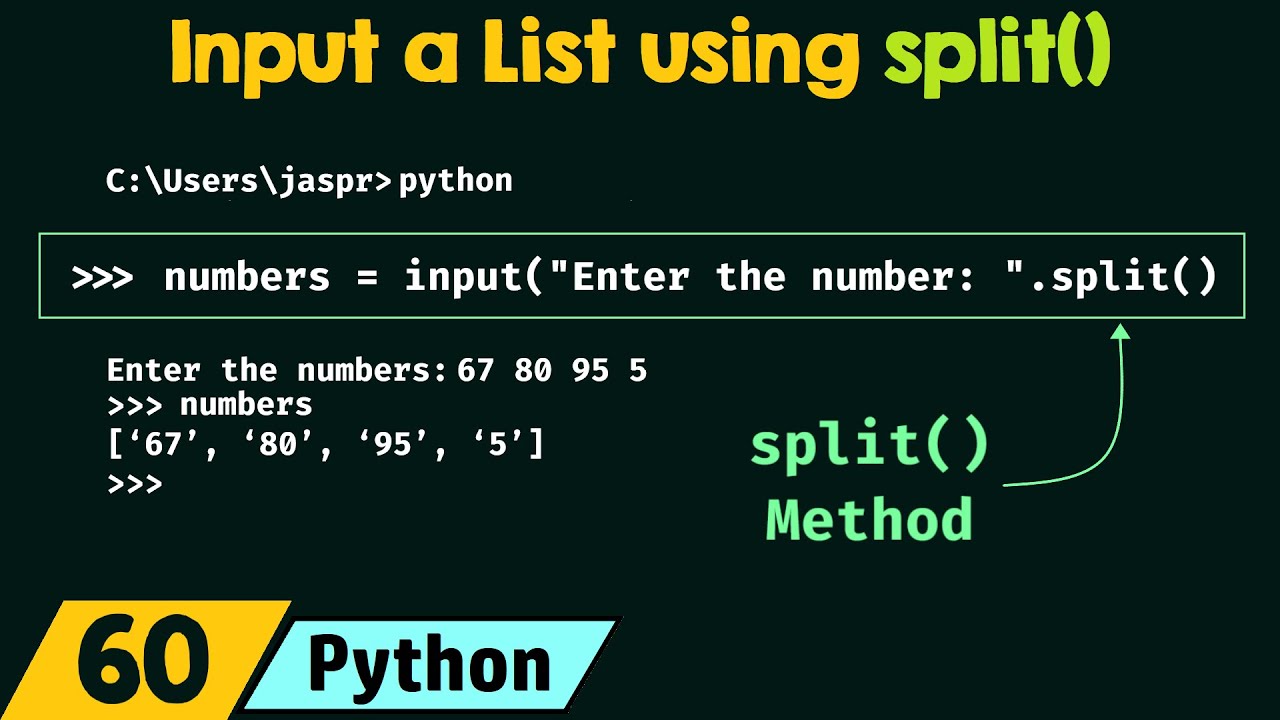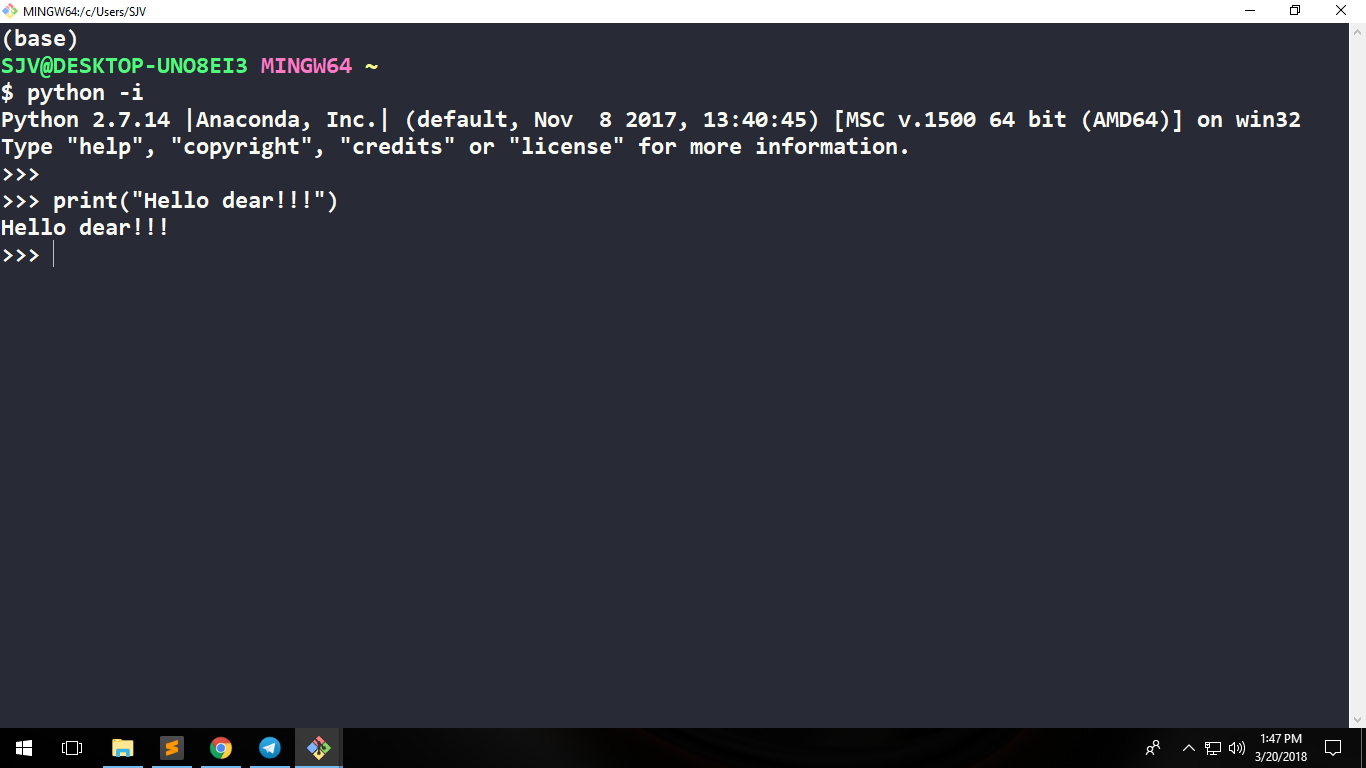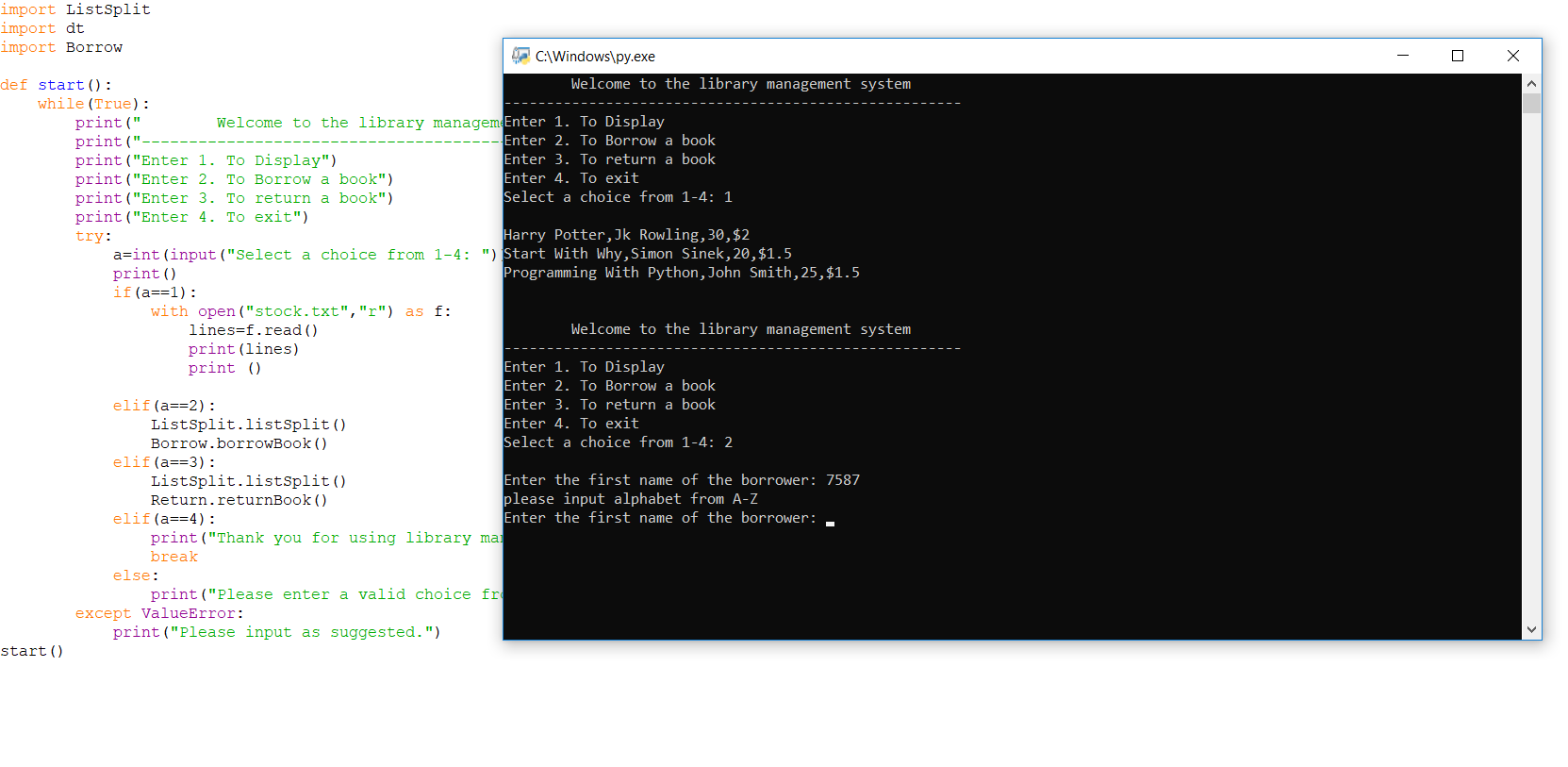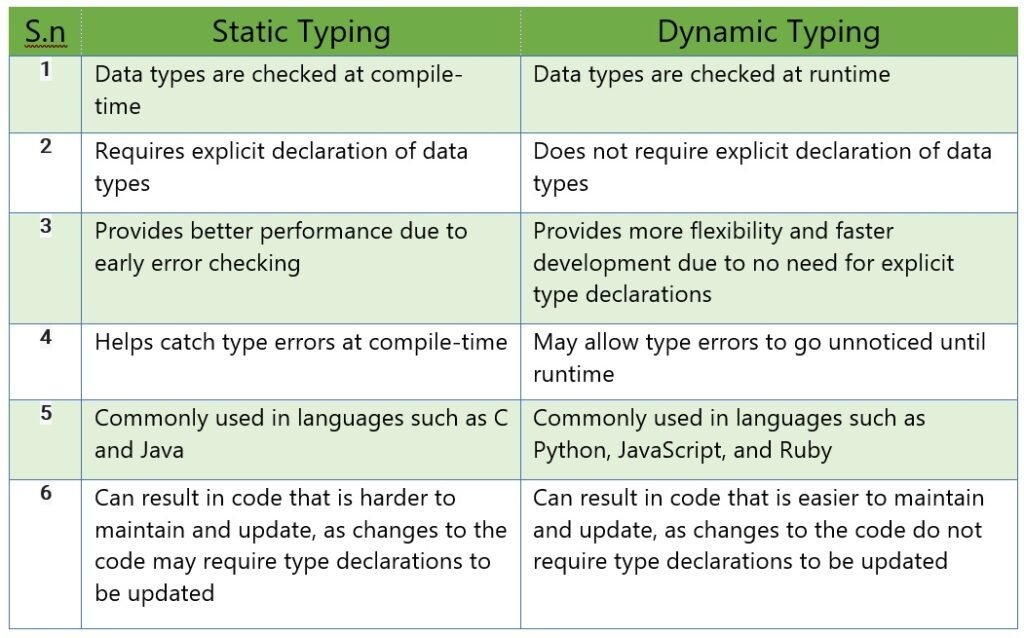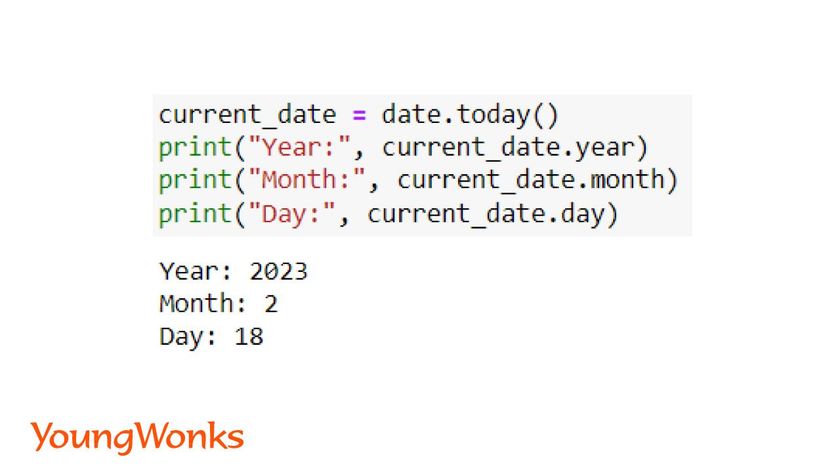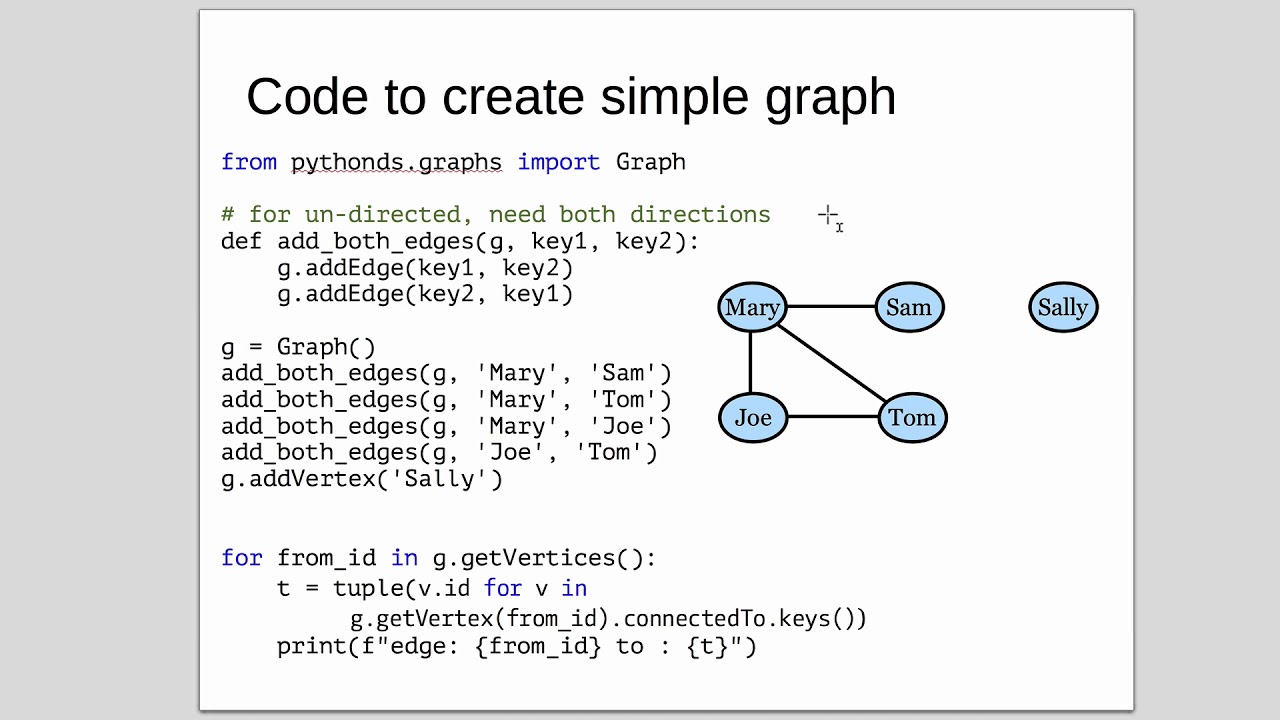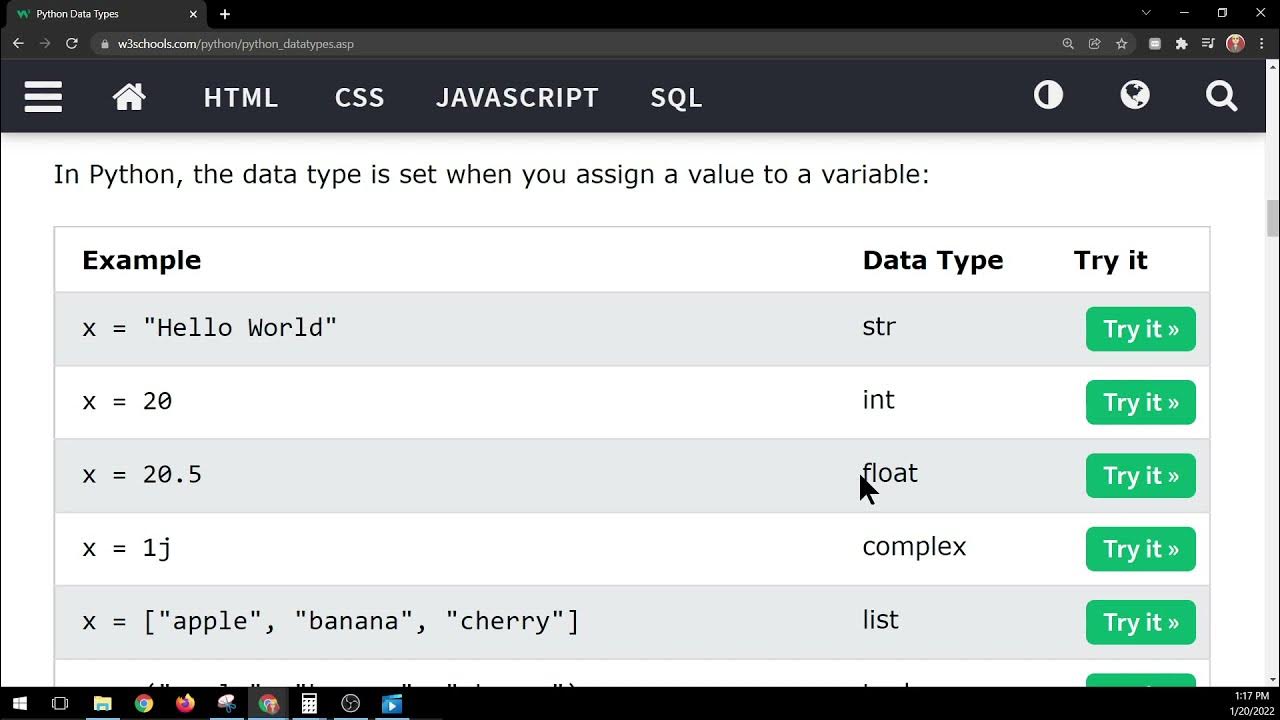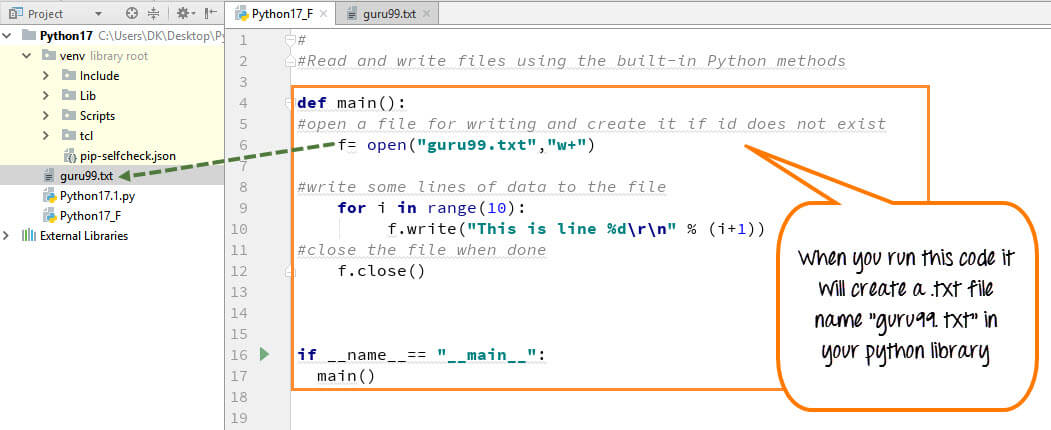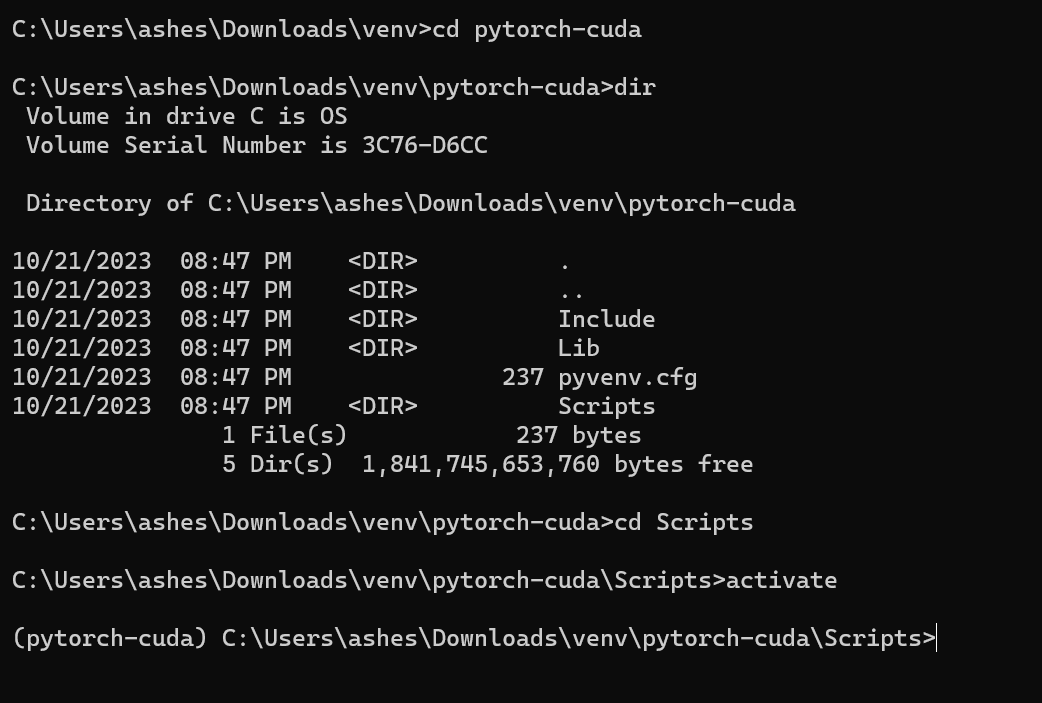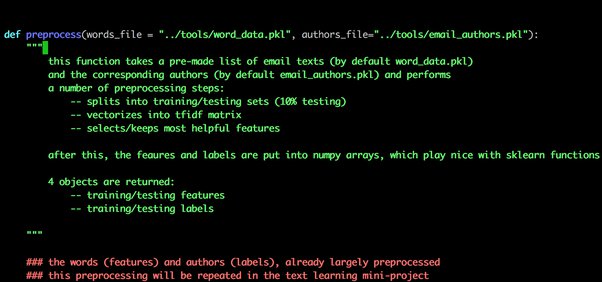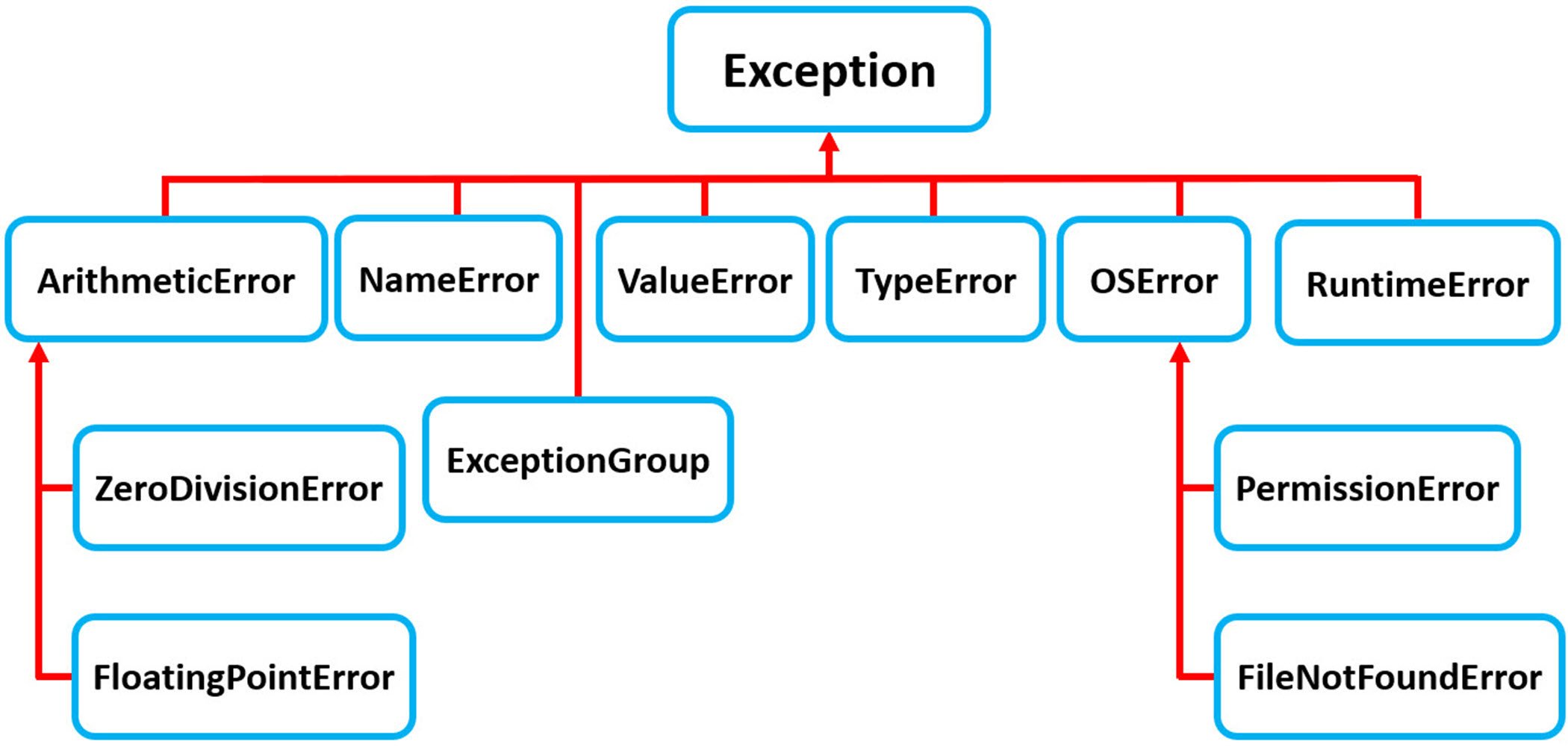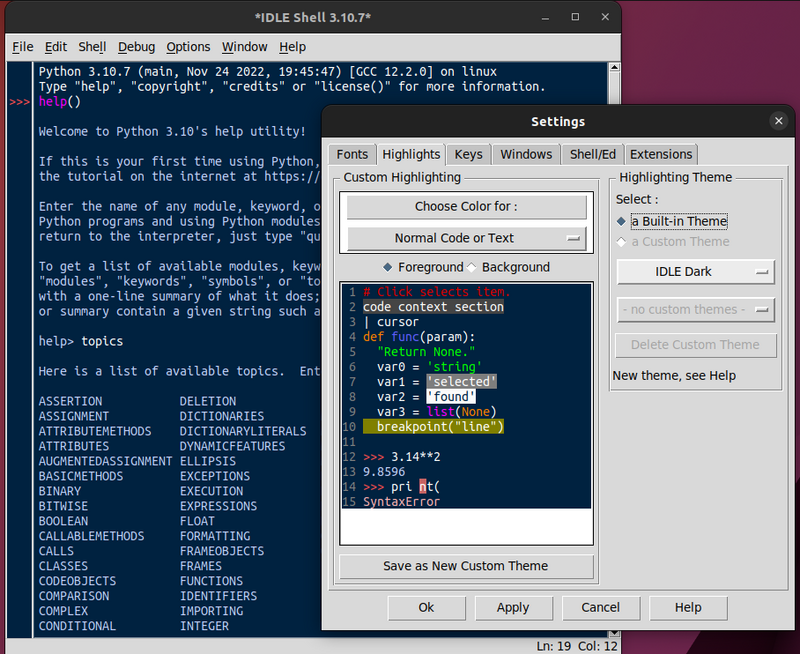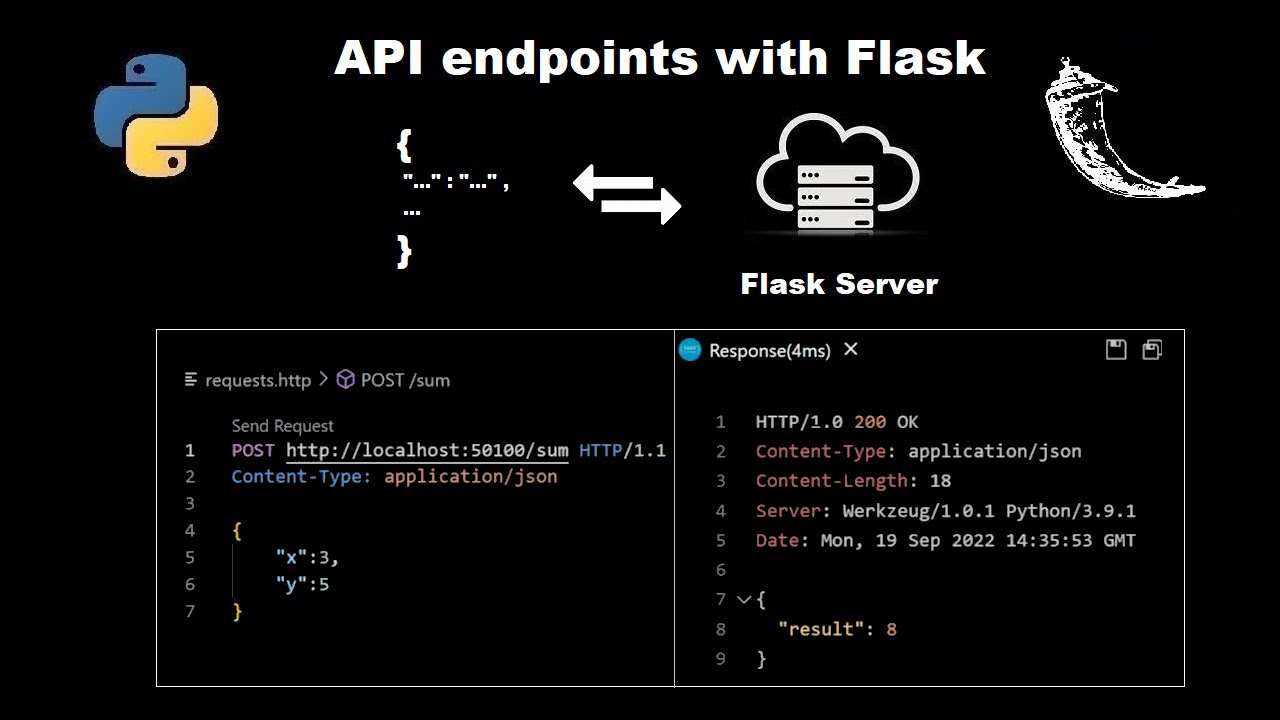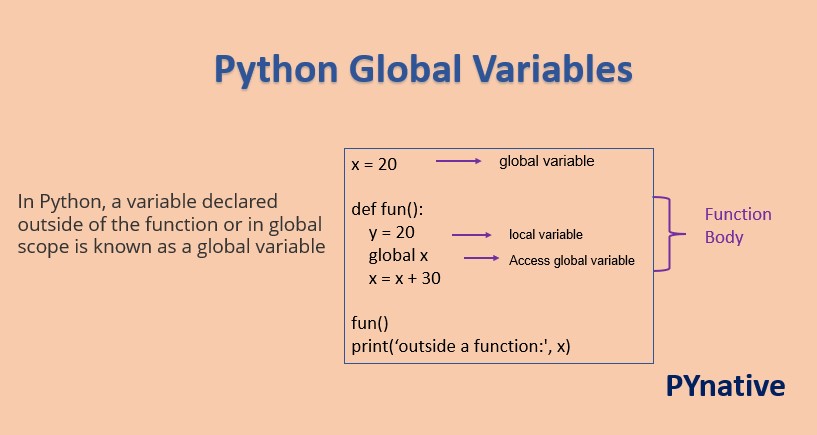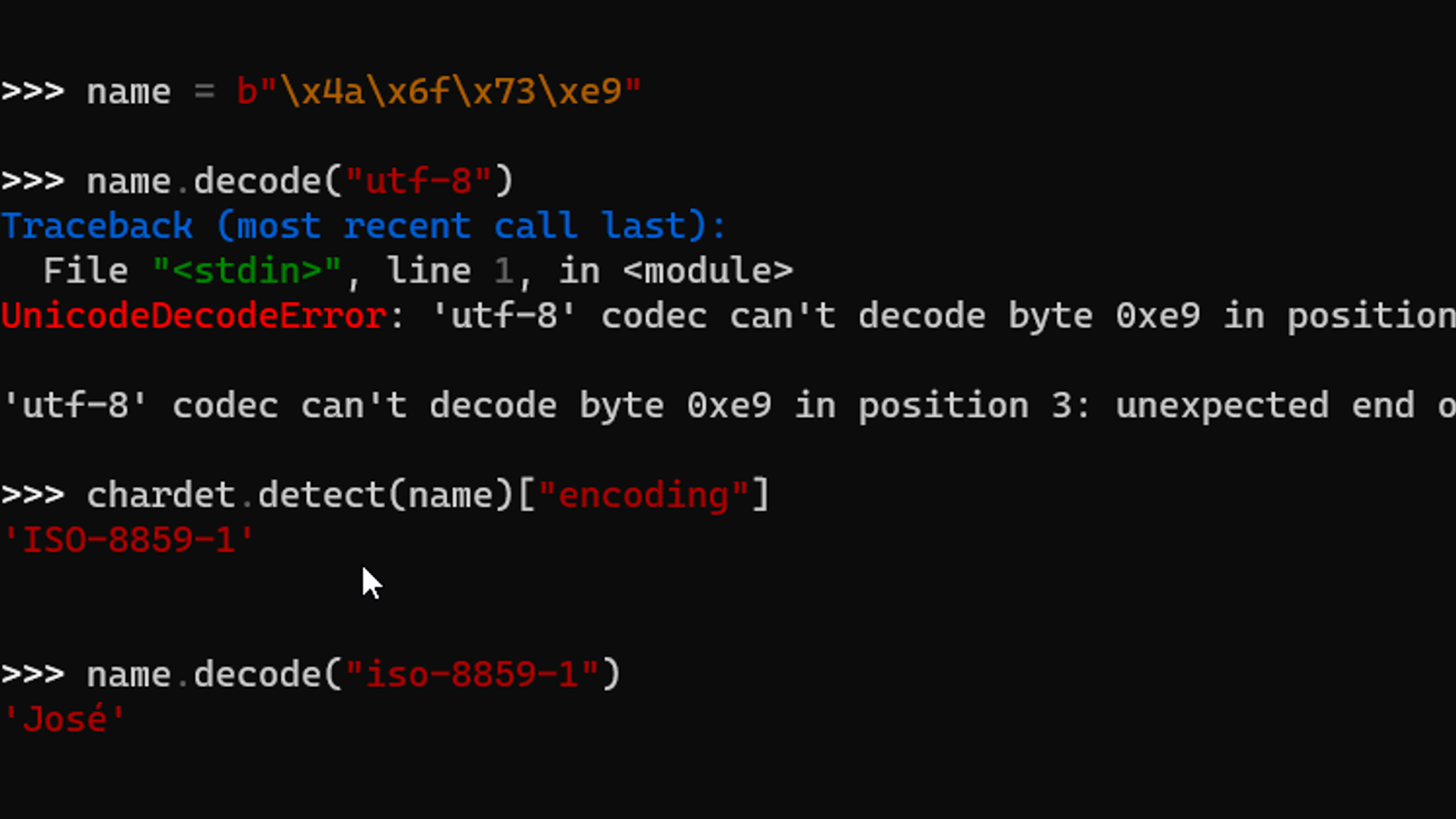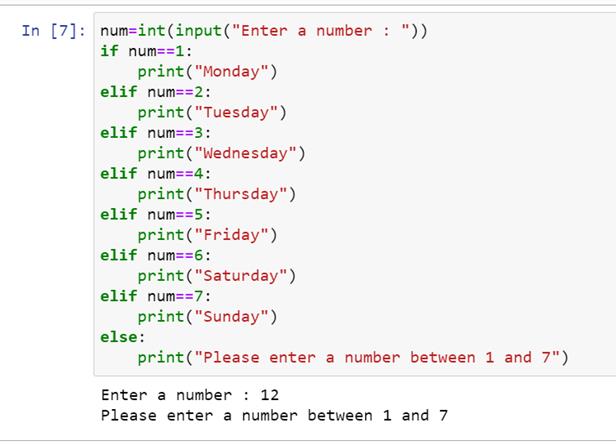How do you add a delay in Python threading?
How do you add a delay in Python threading?
In Python, you can add delays using the time module or by utilizing threads and locks with synchronization mechanisms like event objects from the threading module.
Let's look at each approach individually:
Time Module
To add a delay without multithreading, you can use the sleep function provided by the time module. This function is used to pause the execution of a program for a specified amount of time.
Here's an example:
import time
def delayed_function():
print("Delayed function started")
time.sleep(5) # Wait for 5 seconds
print("Delayed function finished")
delayed_function()
In this code, the delayed_function will pause its execution for 5 seconds and then continue with the rest of the program. The sleep function is a blocking call that means your program will pause until the specified time has passed.
Threading Module
To add delays in multiple threads, you can use the threading module along with event objects. An Event object is used to wait until the occurrence of an event or after a certain delay.
Here's how you can use it:
import threading
import time
class MyThread(threading.Thread):
def init(self):
super().init()
self.event = threading.Event()
def run(self):
print("My thread started")
while True:
self.event.wait() # Wait for the event
if not self.event.is_set(): # Check if the event is set
break # If it's set, break the loop and terminate the thread
print("My thread finished")
def delay(self):
time.sleep(5) # Delay by 5 seconds
self.event.set() # Set the event
my_thread = MyThread()
my_thread.start()
my_thread.delay()
In this code, the run function of the MyThread class will keep waiting for an event until it's set. The delay function sets the event after a certain time (in this case, 5 seconds). This way, you can add delays to multiple threads without using a separate thread or process.
Asyncio Module
You can also use asyncio library in Python which has support for coroutines and async/await syntax. You can create an asynchronous function and schedule it with asyncio.sleep() method.
Here's how you can do this:
import asyncio
async def delayed_function():
print("Delayed function started")
await asyncio.sleep(5) # Wait for 5 seconds
print("Delayed function finished")
asyncio.run(delayed_function())
This code will run the delayed_function with a delay of 5 seconds. The sleep() method is an asynchronous operation that allows your program to execute other tasks or events during this time.
Conclusion
In conclusion, you can add delays in Python using time module for single-thread execution and threading module for multithreading. You can also use asyncio library if you want to add delay to a coroutine function.
Python threading timer stop
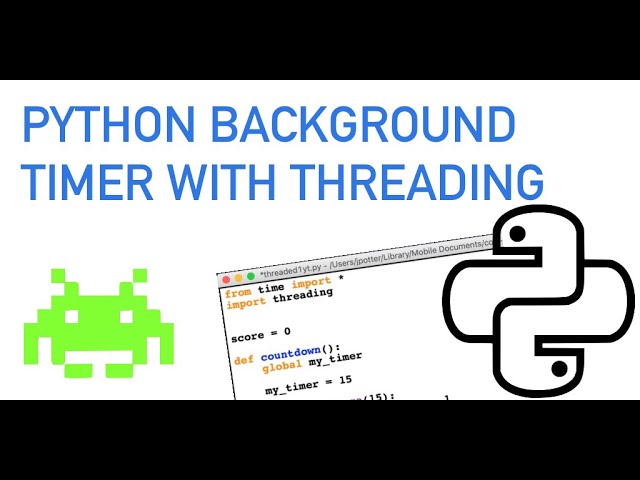
I understand that you want me to respond in English and discuss the topic of "Python Threading Timer Stop" with at least 300 words.
In Python, the threading module provides a way to create and manage threads within your program. A timer is a type of thread that can be used to schedule tasks or events after a certain delay. However, sometimes you may want to stop a timer from running in certain situations, such as when an exception occurs or when a condition becomes false.
To stop a Python threading timer, you can use the join method provided by the Timer class. This method allows you to wait until the timer has finished its task before proceeding with other code. Here's an example of how you could use this method:
import threading
import time
class TimerThread(threading.Thread):
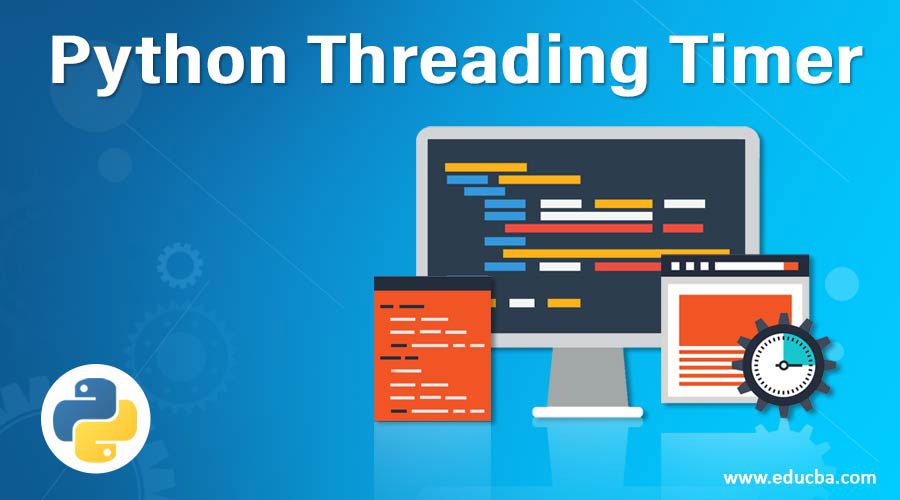
def init(self, interval, function, *args, **kwargs):
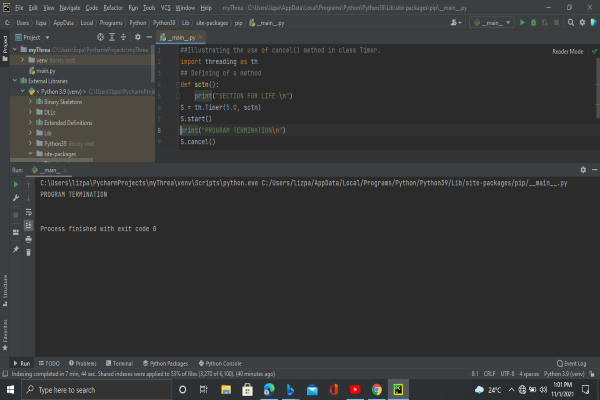
super().init()
self.interval = interval
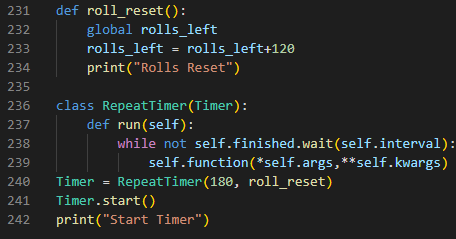
self.function = function
self.args = args
self.kwargs = kwargs
def run(self):
while True:
time.sleep(self.interval)
self.function(*self.args, **self.kwargs)
def my_function():
print("Hello from my function!")
Create a timer thread that runs the my_function every 2 seconds
timer_thread = TimerThread(2.0, my_function)
Start the timer thread
timer_thread.start()
Wait for 10 seconds before stopping the timer thread
time.sleep(10)
timer_thread.join()
print("Timer thread has finished its task.")
In this example, we create a TimerThread class that inherits from the threading.Thread class. The run method of this class contains an infinite loop that runs the provided function (my_function) every specified interval.
To stop the timer thread after 10 seconds, we start the thread and then use the join method to wait until it has finished its task. Once the timer thread has stopped running, we print a message indicating that it has finished its task.
Stopping a Python threading timer can be useful in situations where you need to ensure that certain tasks are completed before proceeding with other code. By using the join method provided by the Timer class, you can wait until a timer thread has finished its task before continuing execution of your program.
I hope this explanation helps! Let me know if you have any further questions or concerns.

